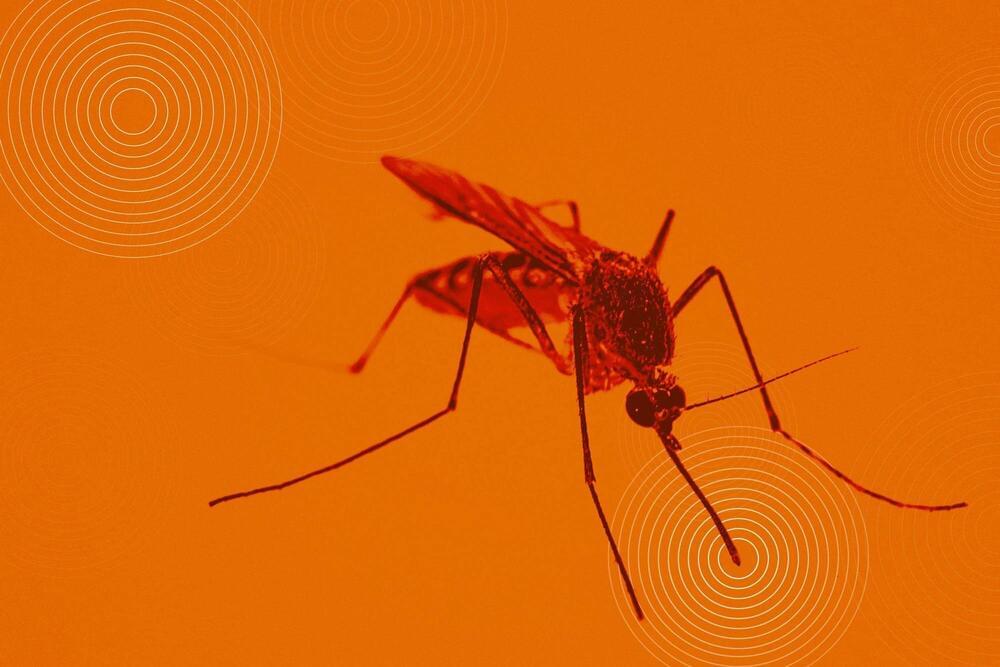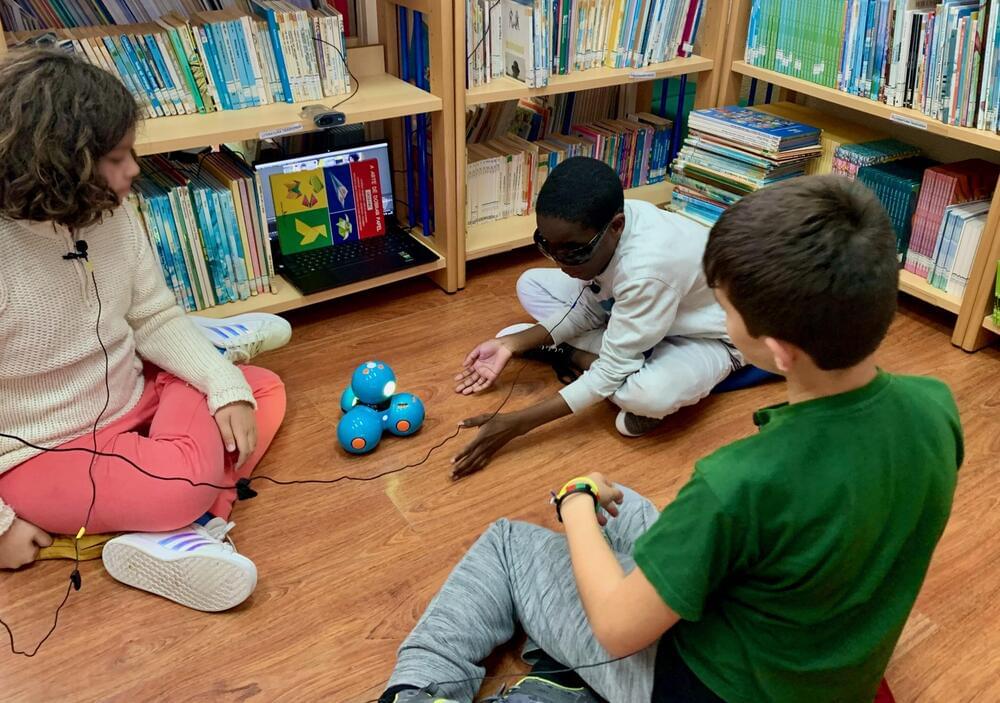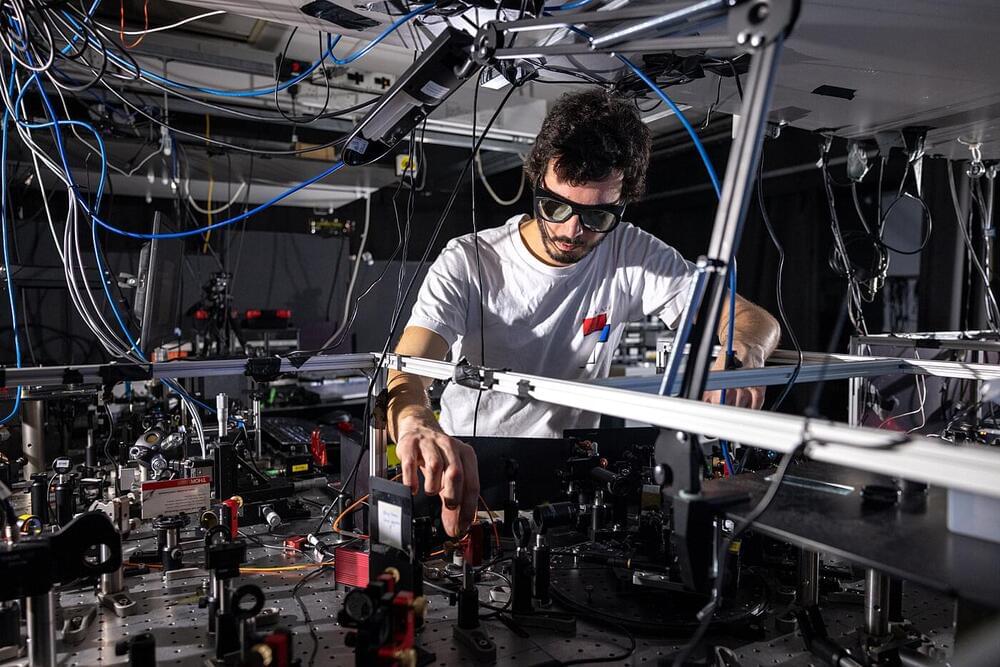
Max Planck scientists explore the possibilities of artificial intelligence in materials science and publish their review in the journal Nature Computational Science.
Advanced materials become increasingly complex due to the high requirements they have to fulfil regarding sustainability and applicability. Dierk Raabe, and colleagues reviewed the use of artificial intelligence in materials science and the untapped spaces it opens if combined with physics-based simulations. Compared to traditional simulation methods, AI has several advantages and will play a crucial role in material sciences in the future.
Advanced materials are urgently needed for everyday life, be it in high technology, mobility, infrastructure, green energy or medicine. However, traditional ways of discovering and exploring new materials encounter limits due to the complexity of chemical compositions, structures and targeted properties. Moreover, new materials should not only enable novel applications, but also include sustainable ways of producing, using and recycling them.

















